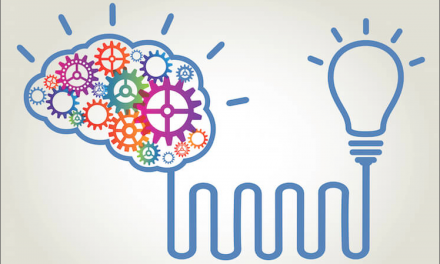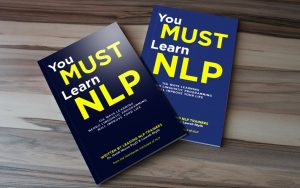As a Personal Trainer, your role is compacted with many others and as a result you need to be more responsible in serving your clients in the best possible way. To your clients you are more than just a trainer. You are their confidant, nurse, therapist, advisor, educator, role model, motivator and overall guide in this field. You serve as an inspiration and often someone to aspire to. Your clients treat you as trustworthy friends to model themselves on, and you need to ensure they are modelling excellence.
First and foremost, when you learn NLP you will be applying the skills and tools to yourself – uncovering any limits, barriers or blocks you may have while building and accessing resources to help you on your journey. This will put you the clients’ shoes so to speak, experiencing the positive gains from NLP techniques and processes will provide the confidence and understanding of how to apply it to others. After all, Personal Trainers trained in NLP can help clients with their mindset faster and permanently, which helps clients achieve their goals.
Three of the immediate tools from NLP you will implement with your clients is rapport, sensory acuity and questioning techniques.
NLP will help facilitate a change in your clients mindset and psychology, and is strengthened first by creating an stabilizing a relationship with strong rapport. Rapport puts you in a position of being able to allow people to open up to you so they feel truly heard and listened to.
From there, you will use a variety of meta model questions that are specifically designed to communicate with the unconscious mind and uncover what has been distorted, deleted and generalised – this will help you to ask better questions to get to the core of your clients desired goals and blocks that have held them back in the past. You will also learn an exquisite goal setting tool called the well-formed outcome, which will encapsulate your client’s needs, desires, blocks and resources they need.
While working with your clients, at any stage of your work together – it is important to develop a strong ability to develop and use you sensory acuity to notice their physiology, eye patterns, language and representational systems to gain deeper understanding of what makes your client tick. These skills provide more insight into the ‘true’ nature of what my clients are really saying, trying to communicate or in some instances trying not to communicate.
Being able to address poor choices and unconscious conditioning is imperative for long-term success of your clients. Therefore, from there, you will have a toolbox of beneficial NLP processes and techniques to identify and remove limiting beliefs, negative emotions, unresourceful patterns, negative thinking, sabotaging behaviours and more.
Additionally, with NLP you will learn many anchoring techniques that will help your clients change their state, mood or emotion in an instant. This can help your client find more motivation, drive, determination and willpower to succeed.
Of course, these are just a handful of NLP processes that will help you put “personal” back into personal training. For your training business – you’ll be able to assist your client in more ways than just training. We all know that your clients success is the best advertisement for your next clients!








